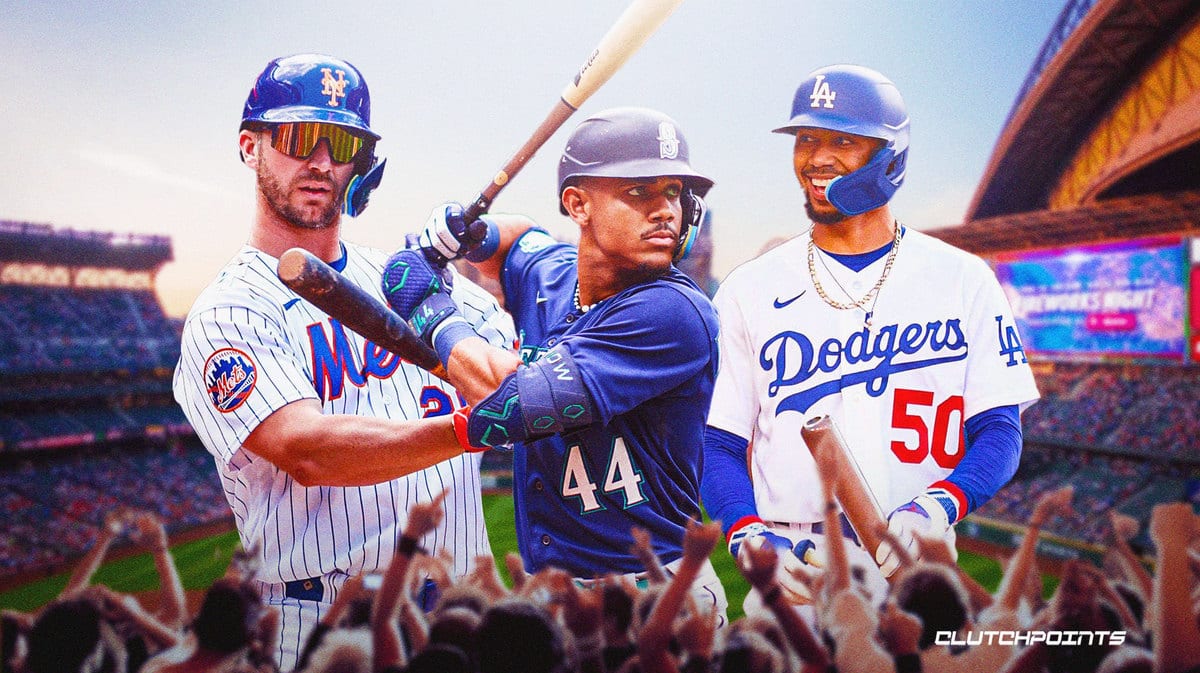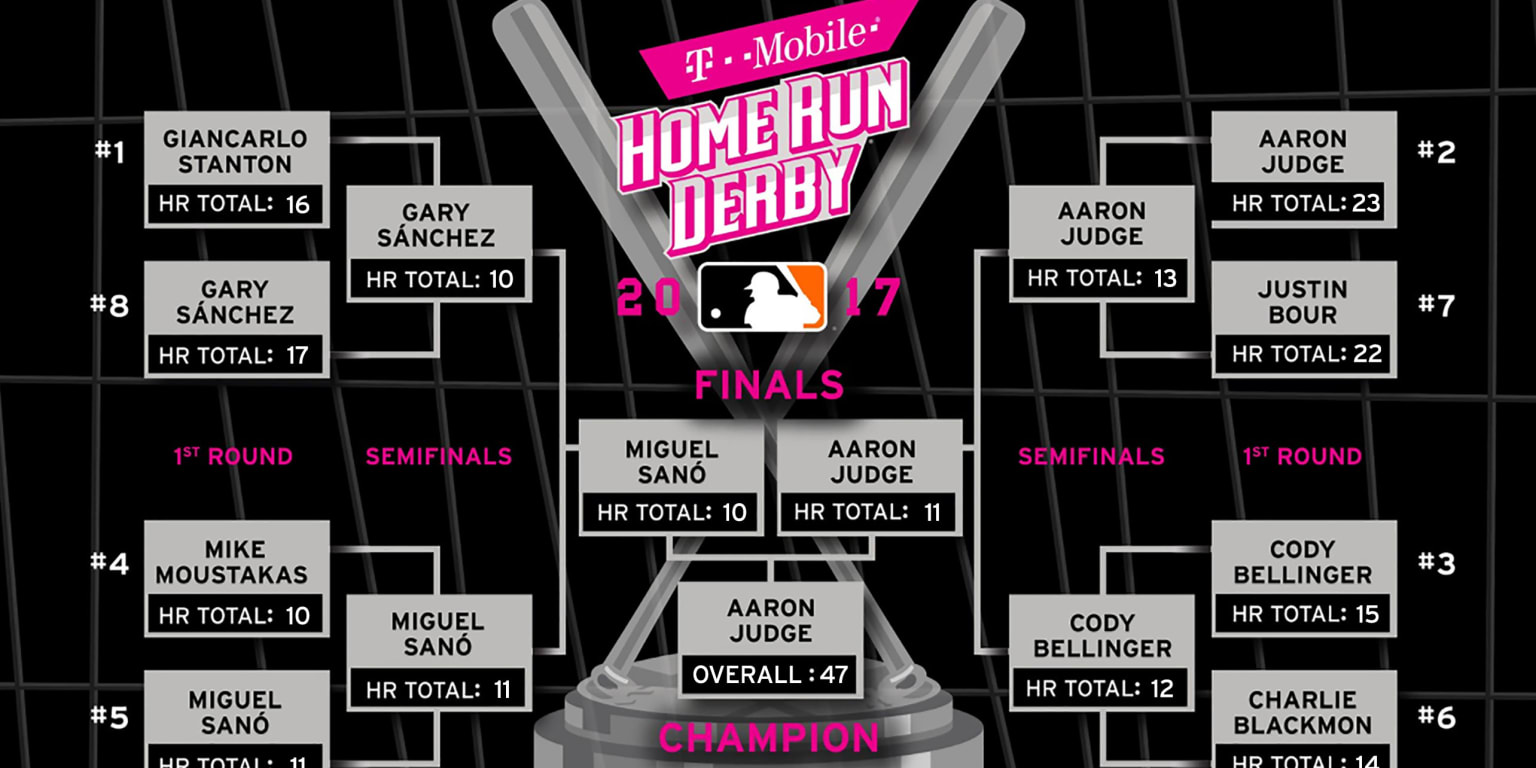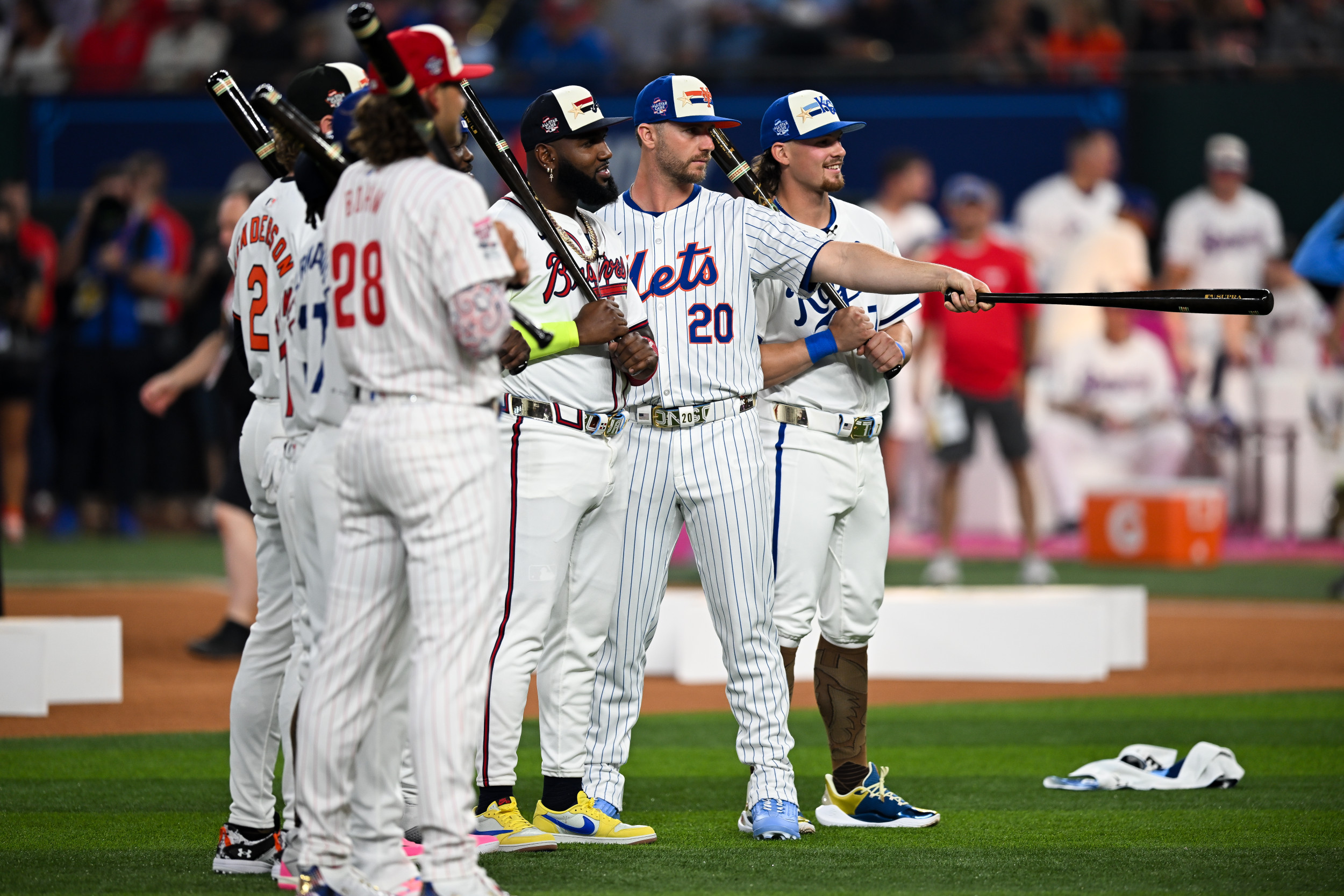Overview of Home Run Derby Bracket

A home run derby bracket is a type of single-elimination tournament in which participants compete to hit the most home runs within a set time limit. Each participant faces off against another participant in a head-to-head match-up, and the winner advances to the next round. The tournament continues until there is only one participant remaining, who is declared the winner.
I’m a huge baseball fan, and I love watching the Home Run Derby. It’s so much fun to see the best hitters in the world compete to see who can hit the most home runs. But I have to say, I’m also a big fan of soccer, and I’m really looking forward to the Spain vs England final in 2024.
I think it’s going to be a great match, and I can’t wait to see who wins. But back to the Home Run Derby, I’m really excited to see who wins this year. I think it’s going to be a close competition, and I can’t wait to see who comes out on top.
Home run derby brackets are often used as a way to determine the best home run hitter in a league or organization. They can also be used as a way to entertain fans and generate excitement.
Home run derby brackets are always fun to fill out, but let’s be honest, the real excitement is in the spain vs england final 2024. Two of the world’s best teams going head-to-head for the ultimate prize. After that epic match, we can get back to the home run derby and see who can hit the most dingers.
Popular Home Run Derby Brackets
Some of the most popular home run derby brackets include:
- The Major League Baseball (MLB) Home Run Derby
- The ESPN Home Run Derby
Factors Influencing Bracket Predictions

Predicting the outcome of a home run derby bracket is no easy feat. A multitude of factors come into play, each holding the potential to sway the odds in favor of one player or another. Let’s dive into the key elements that shape these predictions.
Player Statistics
A player’s past performance is a crucial indicator of their potential success in a home run derby. Batting average, home run totals, and slugging percentage provide valuable insights into a player’s hitting prowess. Players with a history of consistently hitting long balls have a higher likelihood of replicating that success in a derby setting.
Team Performance
The team a player represents can also influence their derby performance. Teams with a strong offensive lineup may provide more opportunities for their players to swing for the fences. Additionally, teams that regularly play in hitter-friendly ballparks can give their players an edge over those from more pitcher-friendly environments.
Venue Characteristics, Home run derby bracket
The venue where the home run derby is held plays a significant role in determining the outcome. Ballparks with short fences and favorable wind conditions tend to produce more home runs. Conversely, stadiums with deep fences and swirling winds can make it more challenging for players to clear the wall.
Historical Data
Analyzing historical data can reveal trends and patterns in home run derby outcomes. By examining past results, we can identify players who have consistently performed well in these events and venues that have consistently yielded high home run totals. This information can help us make more informed predictions for future derbies.
Strategies for Bracket Optimization

Predicting the winner of a home run derby is not an exact science, but there are strategies you can use to improve your chances of success. Here are a few tips:
Use statistical models and data analysis techniques. There are a number of statistical models that can be used to predict the outcome of a home run derby. These models take into account factors such as a player’s past performance, the park dimensions, and the weather conditions. By using these models, you can get a better idea of which players are most likely to hit the most home runs.
Consider player matchups. Not all players are created equal. Some players are better matchups for certain pitchers than others. When making your bracket predictions, be sure to consider the matchups between the players in each round.
Be prepared for upsets. Even the best players can have an off day. When making your bracket predictions, be sure to leave room for a few upsets. This will help you avoid getting knocked out of the competition early.
Statistical Models and Data Analysis Techniques
There are a number of statistical models that can be used to predict the outcome of a home run derby. One common model is the Poisson distribution. The Poisson distribution is a probability distribution that describes the number of events that occur in a fixed interval of time or space. In the case of a home run derby, the interval of time is the duration of the derby, and the events are the home runs that are hit.
The Poisson distribution can be used to predict the number of home runs that a player is likely to hit in a given derby. To use the Poisson distribution, you need to know the player’s past performance and the park dimensions. You can then use this information to calculate the player’s lambda parameter. The lambda parameter is a measure of the average number of home runs that a player is likely to hit in a given derby.
Once you have calculated the player’s lambda parameter, you can use the Poisson distribution to predict the probability of the player hitting a certain number of home runs. For example, you could use the Poisson distribution to predict the probability of the player hitting 0 home runs, 1 home run, 2 home runs, and so on.
By using the Poisson distribution, you can get a better idea of which players are most likely to hit the most home runs in a given derby.